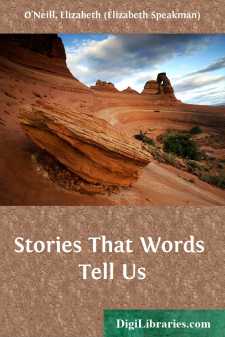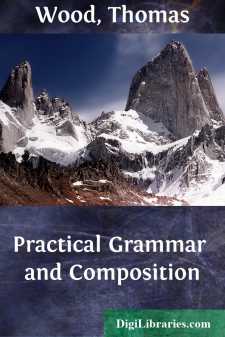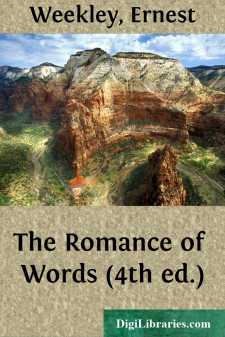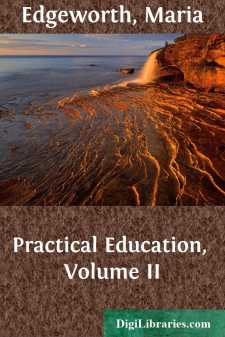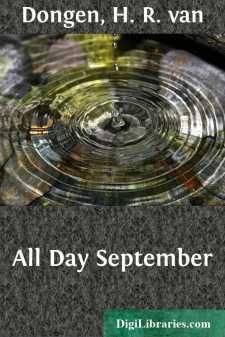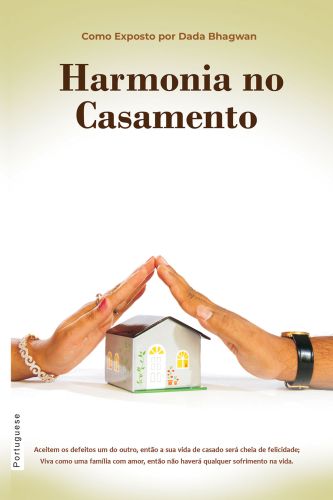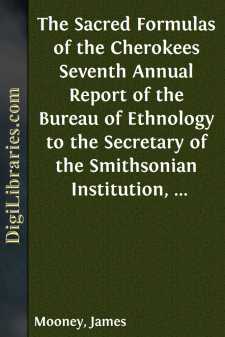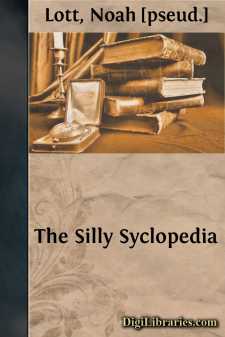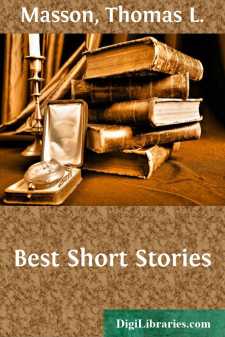Categories
- Antiques & Collectibles 13
- Architecture 36
- Art 48
- Bibles 22
- Biography & Autobiography 813
- Body, Mind & Spirit 142
- Business & Economics 28
- Children's Books 15
- Children's Fiction 12
- Computers 4
- Cooking 94
- Crafts & Hobbies 4
- Drama 346
- Education 46
- Family & Relationships 57
- Fiction 11828
- Games 19
- Gardening 17
- Health & Fitness 34
- History 1377
- House & Home 1
- Humor 147
- Juvenile Fiction 1873
- Juvenile Nonfiction 202
- Language Arts & Disciplines 88
- Law 16
- Literary Collections 686
- Literary Criticism 179
- Mathematics 13
- Medical 41
- Music 40
- Nature 179
- Non-Classifiable 1768
- Performing Arts 7
- Periodicals 1453
- Philosophy 64
- Photography 2
- Poetry 896
- Political Science 203
- Psychology 42
- Reference 154
- Religion 513
- Science 126
- Self-Help 84
- Social Science 81
- Sports & Recreation 34
- Study Aids 3
- Technology & Engineering 59
- Transportation 23
- Travel 463
- True Crime 29
Stories That Words Tell Us
Categories:
Description:
Excerpt
CHAPTER I.
SOME STORIES OF BRITISH HISTORY TOLD FROM ENGLISH WORDS.
Nearly all children must remember times when a word they know quite well and use often has suddenly seemed very strange to them. Perhaps they began repeating the word half to themselves again and again, and wondered why they had never noticed before what a queer word it is. Then generally they have forgotten all about it, and the next time they have used the word it has not seemed strange at all.
But as a matter of fact words are very strange things. Every word we use has its own story, and has changed, sometimes many times since some man or woman or child first used it. Some words are very old and some are quite new, for every living language—that is, every language used regularly by some nation—is always growing, and having new words added to it. The only languages which do not grow in this way are the "dead" languages which were spoken long ago by nations which are dead too.
Latin is a "dead" language. When it was spoken by the old Romans it was, of course, a living language, and grew and changed; but though it is a very beautiful language, it is no longer used as the regular speech of a nation, and so does not change any more.
But it is quite different with a living language. Just as a baby when it begins to speak uses only a few words, and learns more and more as it grows older, so nations use more words as they grow older and become more and more civilized. Savages use only a few words, not many more, perhaps, than a baby, and not as many as a child belonging to a civilized nation. But the people of great civilizations like England and France use many thousands of words, and the more educated a person is the more words he is able to choose from to express his thoughts.
We do not know how the first words which men and women spoke were made. People who study the history of languages, and who are called Philologists, or "Lovers of Words," say that words may have come to be used in any one of three different ways; but of course this is only guessing, for though we know a great deal about the way words and languages grow, we do not really know how they first began. Some people used to think that the earliest men had a language all ready-made for them, but this could not be. We know at least that the millions of words in use in the world to-day have grown out of quite a few simple sounds or "root" words. Every word we use contains a story about some man or woman or child of the past or the present. In this chapter we shall see how some common English words can tell us stories of the past.
In reading British history we learn how different peoples have at different times owned the land: how the Britons were conquered by the English; how the Danes tried to conquer the English in their turn, and how great numbers of them settled down in the Danelaw, in the east of England; how, later on, the Norman duke and his followers overcame Harold, and became the rulers of England, and so on. But suppose we knew nothing at all about British history, and had to guess what had happened in the past, we might guess a great deal of British history from the words used by English people to-day. For the English language has itself been growing, and borrowing words from other languages all through British history. Scholars who have studied many languages can easily pick out these borrowed words and say from which language they were taken.
Of course these scholars know a great deal about British history; but let us imagine one who does not. He would notice in the English language some words (though not many) which must have come from the language which the Britons spoke. He would know, too, that the name Welsh, which was given to the Britons who were driven into the western parts of England, comes from an Old English word, wealh, which meant "slave." He might then guess that, besides the Britons who were driven away into the west of the country, there were others whom the English conquered and made to work as slaves....


